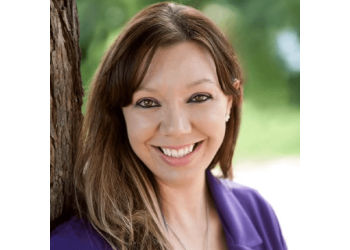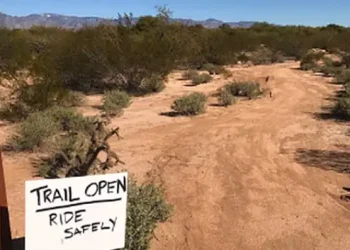In a decisive vote at City Hall this week, Tucson’s Mayor and Council unanimously ended plans for Project Blue, a large-scale data center proposed within city limits.
Council Member Nikki Lee, representing Ward 4, voted “no”—not out of resistance to progress, but in alignment with months of public input and deep-rooted community concerns.
This article explores why Lee voted against the project, how the community responded, and what this moment reveals about local trust, sustainability, and the future of high-tech infrastructure in Southern Arizona.
Weighed Decisions and Hard Conversations
Council Member Nikki Lee didn’t take her decision lightly. Leading up to the vote, she committed to thoroughly researching the project, digging into details, and reaching out to residents across Ward 4.
The process included phone calls, public meetings, and candid discussions. While some community members voiced support, many others raised red flags—from water use to the pace of AI development.
Rather than defaulting to the popular narrative, Lee made it clear that every side of the issue deserved attention. She emphasized that leadership means not just representing consensus, but also protecting public interest—even when that means taking an unpopular stance.
Distrust, Tech, and the Community Voice
At the heart of opposition to Project Blue was an undercurrent of distrust. Residents voiced concern not only about the proposed development, but about how decisions were being made.
There was frustration with the lack of transparency early in the process. Many felt the deal had already been set in motion before public input was truly considered—zoning approvals had passed, and land had changed hands before the community had full information. This damaged trust, making the path to support almost impossible to rebuild.
Concerns ran deeper than just zoning, however. People expressed real anxiety about the pace of technological change—especially artificial intelligence—and how it’s shaping society without meaningful public oversight.
For many, Project Blue symbolized something much larger: the fear of losing control over our communities to forces too big and fast to contain.
The Environmental and Infrastructure Costs
Water and energy are precious in Tucson. Despite promises of “water positivity” and sustainability measures, residents remained unconvinced.
Lee acknowledged that the proposed sustainability efforts, though progressive on paper, lacked proven results that Tucsonans could trust. The idea of bringing an industry known for its resource intensity into a desert city raised serious environmental red flags—ones the community wasn’t willing to ignore.
What happens when the tradeoff between innovation and preservation becomes too steep?
For Ward 4, the answer was clear: progress without transparency and environmental accountability isn’t worth the risk.
Looking Beyond Tucson: A National Perspective
This local debate connects to a much broader conversation about AI and infrastructure across the U.S. Both major political parties have prioritized expanding AI capacity, and data centers are essential to that expansion.
However, Lee raised an important point: if this technology is so vital, shouldn’t there be a national strategy for where and how it’s built?
She noted that researchers and private firms are already exploring off-Earth data infrastructure—where solar energy is unlimited, and water isn’t required to cool servers.
The University of Arizona is even involved in such research. Tucson, therefore, may be ahead of the curve by pushing for a more sustainable path, rather than settling for an energy-heavy one.
A Rare Moment of Unity
Despite varying political backgrounds, residents across Tucson came together in opposition to the project. Lee highlighted how powerful it was to witness unity in a time often marked by division.
The shared message was clear: community matters, and decisions of this scale require genuine public involvement.
She also acknowledged the disappointment of those who supported the project. Their concerns about missed economic opportunities and the chance that the project may still move forward outside city limits were valid. But Lee stood firm—without trust, timing, and transparency, the deal wasn’t right for Tucson.
Moving Forward Together
Lee closed her remarks with a commitment to transparency, accountability, and continued engagement.
She thanked everyone who spoke up—regardless of opinion—and reaffirmed that decisions like this should be shaped by open dialogue, not backroom deals.
Project Blue may be over, but the conversation about Tucson’s future isn’t. In fact, it’s just getting started.
Sources: City of Tucson.
Prepared by Ivan Alexander Golden, Founder of THX News™, an independent news organization delivering timely insights from global official sources. Combines AI-analyzed research with human-edited accuracy and context.









